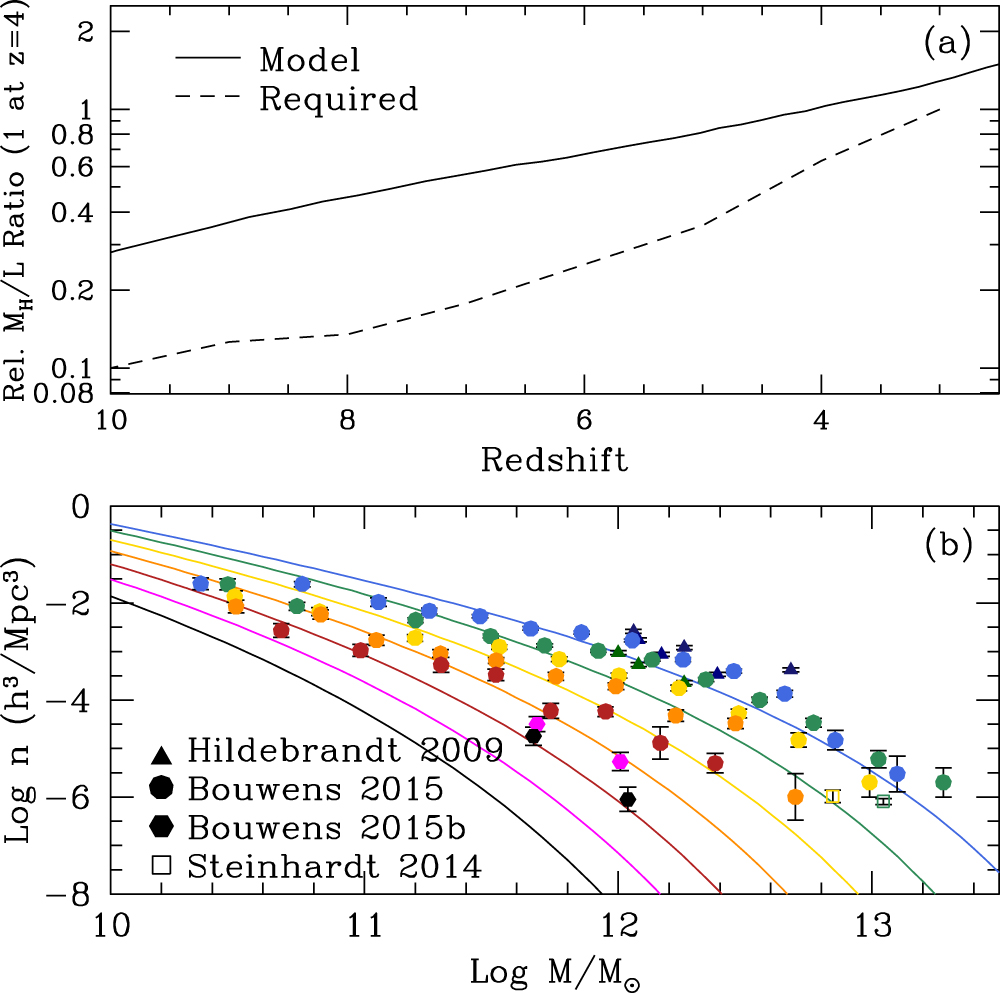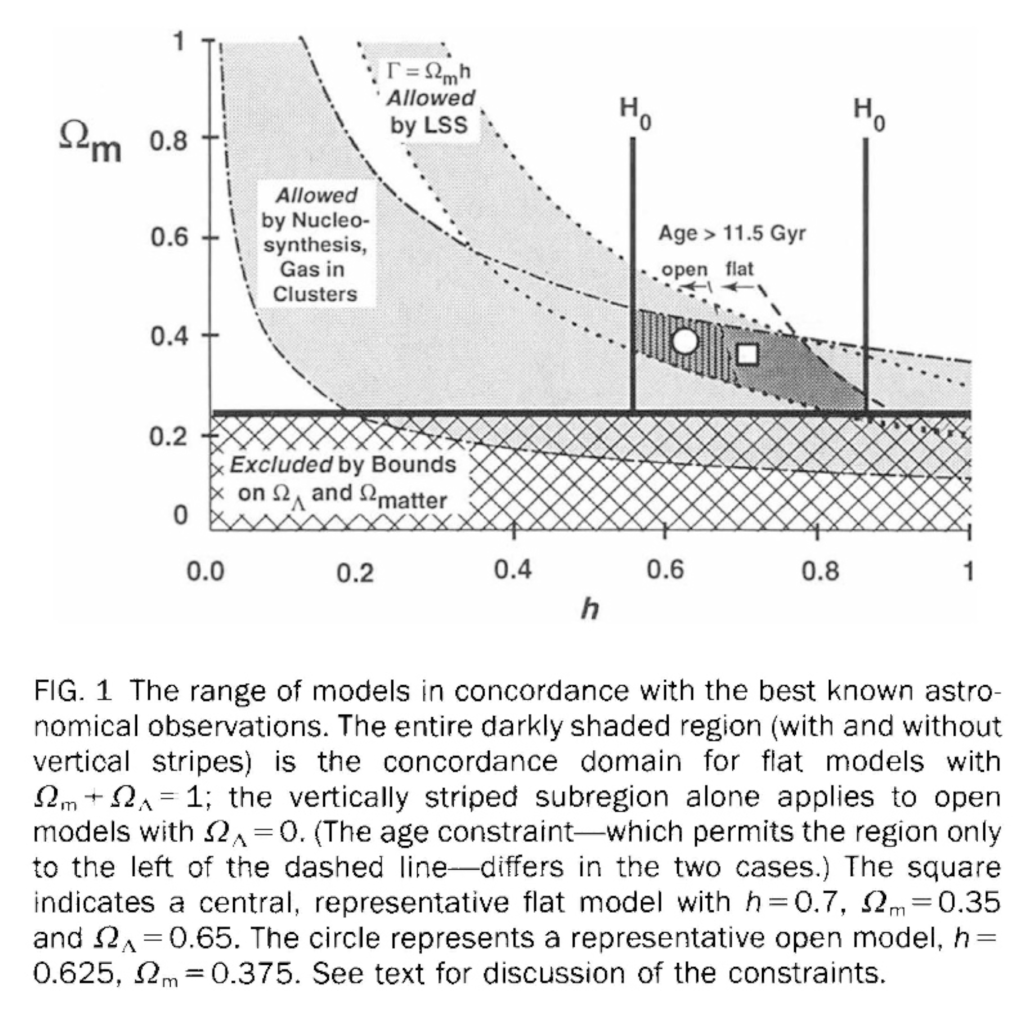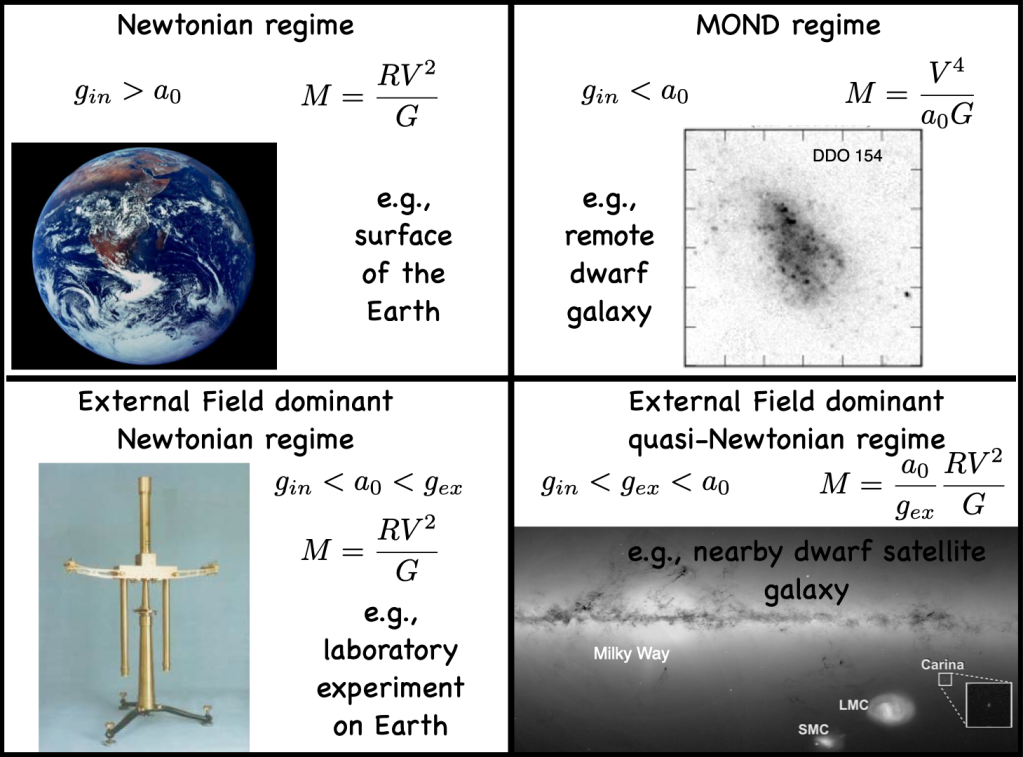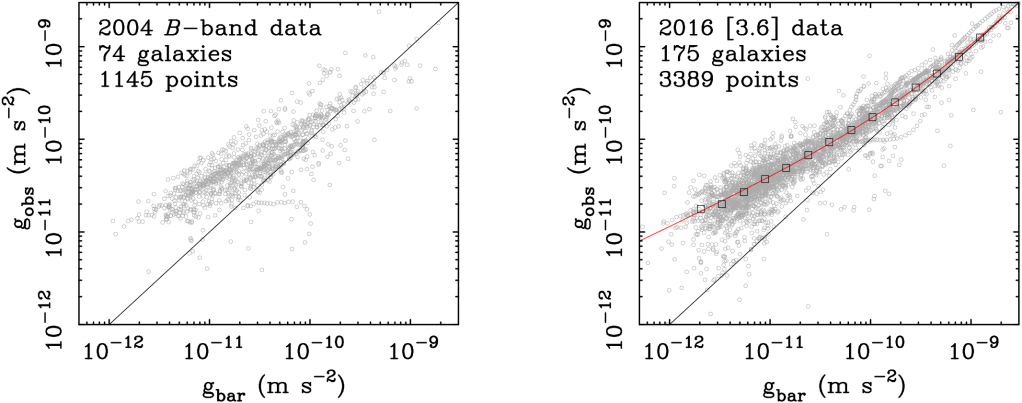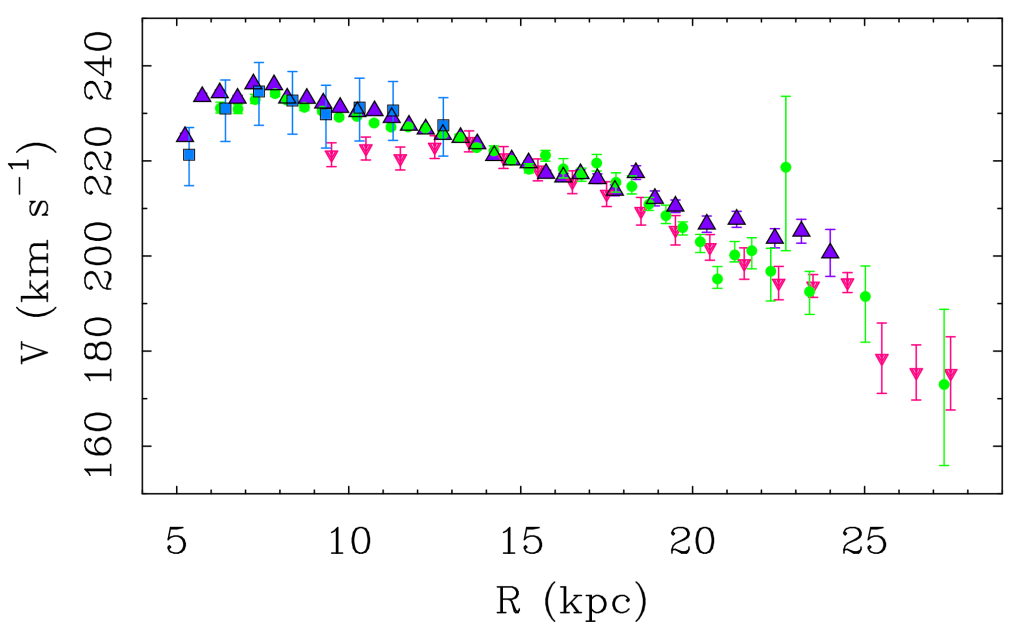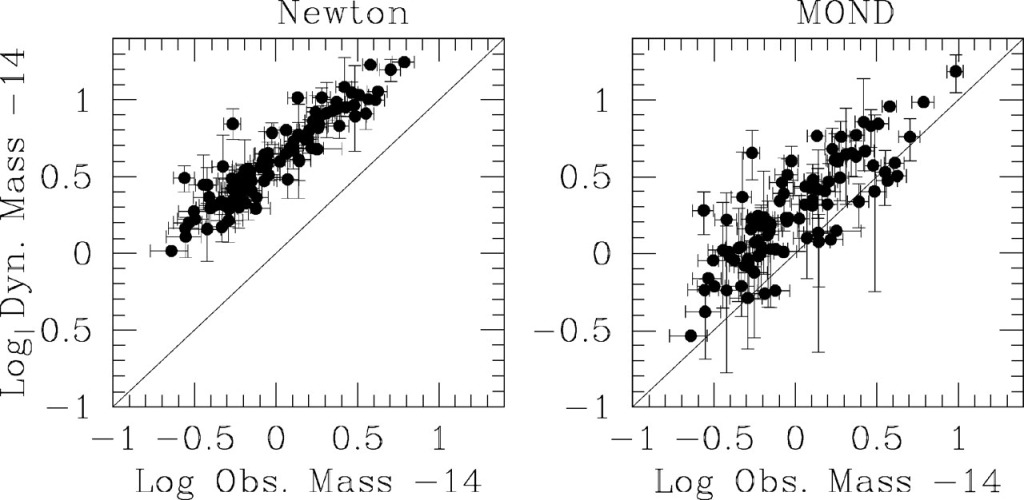
A common refrain I hear is that MOND works well in galaxies, but not in clusters of galaxies. The oft-unspoken but absolutely intended implication is that we can therefore dismiss MOND and never speak of it again. That’s silly. Even if MOND is wrong, that it works as well as it does is surely telling us something.
